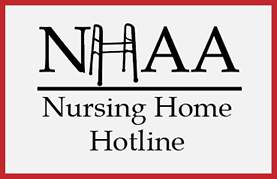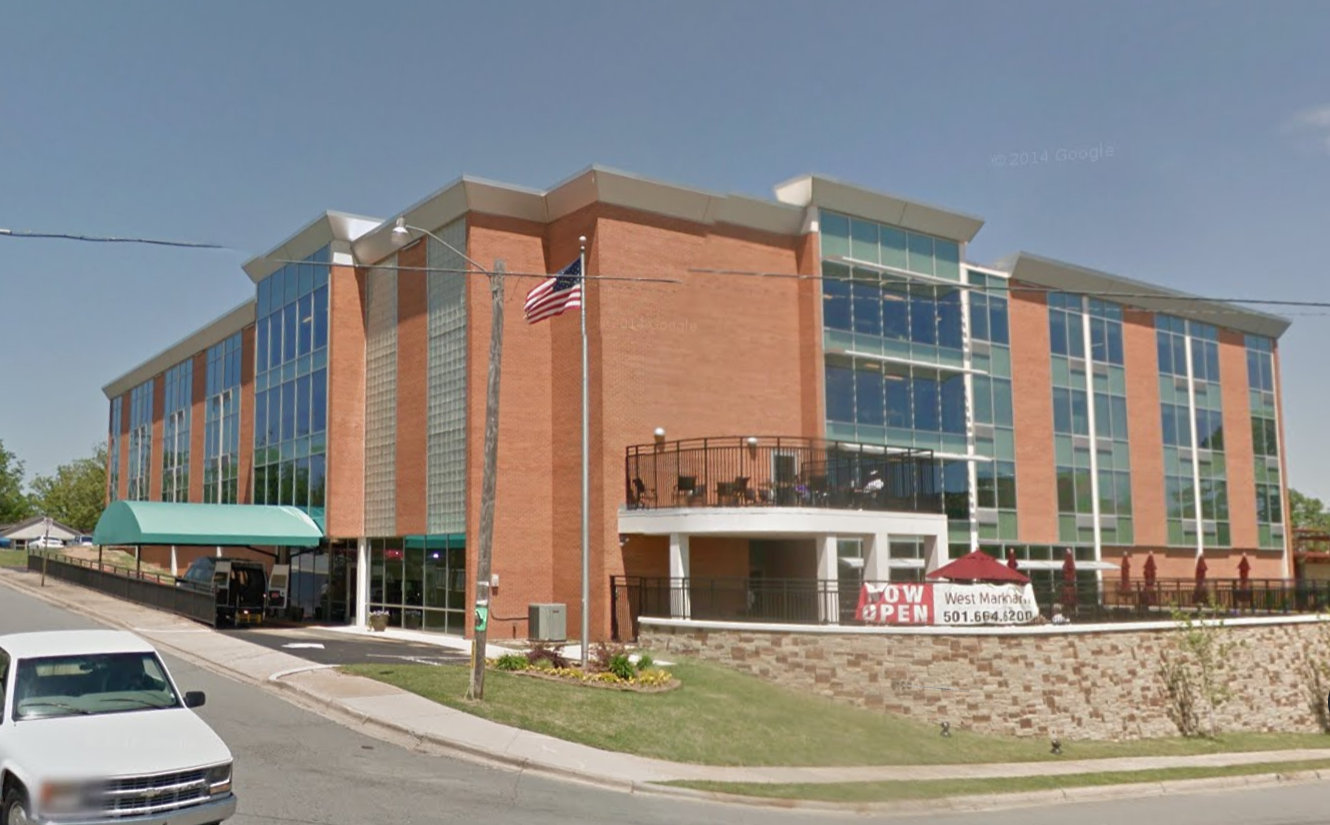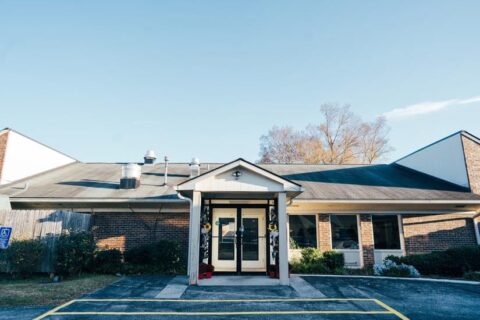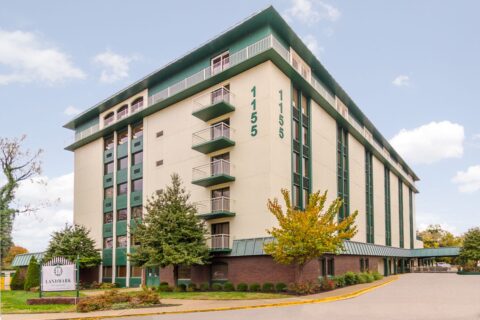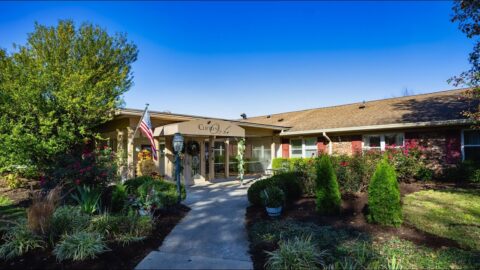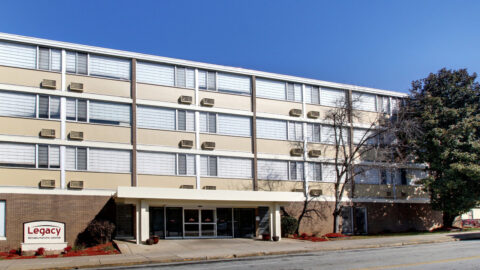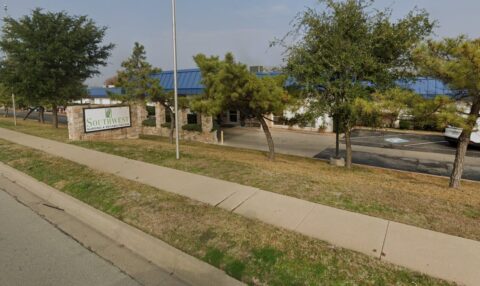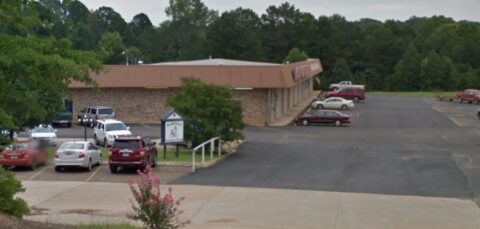Little Rock, AR – Bed Sores Untreated; Pattern of Harm with Development of Multiple Bed Sores
In The News:
WEST MARKHAM SUBACUTE AND REHABILITATION CENTER
Located: 5720 WEST MARKHAM STREET, LITTLE ROCK, AR 72205
WEST MARKHAM SUBACUTE AND REHABILITATION CENTER was recently cited in March of 2014 by the DEPARTMENT OF HEALTH AND HUMAN SERVICES CENTERS FOR MEDICARE & MEDICAID SERVICES for the following deficiencies relating to {Level of harm – Actual harm}
The following highlighted quoted text is only a portion of the report/survey. The full report/survey can be found here.
WARNING: THE FOLLOWING CAN BE DISTURBING TO SOME READERS
Give residents proper treatment to prevent new bed (pressure) sores or heal existing bed sores.
**NOTE- TERMS IN BRACKETS HAVE BEEN EDITED TO PROTECT CONFIDENTIALITY**
Complaints # and # were substantiated (all or in part) with these findings: Based on observation, record review and interview, the facility failed to ensure necessary treatment and services were provided to prevent deterioration and promote healing of pressure ulcers for Residents #1, #2 and #3. The facility failed to ensure clean technique was maintained during wound care to prevent potential infection 2 (Resident #s 1 and 3) of 4 (Resident #s 1, 2, 3, and 4) case mix residents who had physician orders for pressure ulcer treatments; The facility failed to ensure pressure ulcer treatments were provided as ordered by the physician to promote healing for 1 (Resident # 1) of 4 (Resident #s 1, 2, 3, and 4) case mix residents who had physician orders for pressure ulcer treatments; The facility failed to ensure dressings and positioning devices were applied properly to avoid causing increased pressure to the wound bed of an existing pressure ulcer, which could result in deterioration or delayed healing for 1 (Resident # 1) of 4 (Resident #s 1, 2, 3, and 4) case mix residents who had pressure ulcers. The facility failed to ensure specialty mattress coverings/sheets were used in accordance with the manufacturer’s instructions to prevent unnecessary shearing/friction that could result in impaired skin integrity and increased risk for pressure ulcer development for 1 (Resident # 1) of 2 (Resident #s 1 and 3) case mix residents who had pressure ulcers and were on specialty beds. The facility failed to ensure the appropriate type of mattress was provided to decrease pressure for 1 (Residents # 2) of 3 (Resident #s 1, 2 and 3) case mix residents who had Stage III, Stage IV or unstageable pressure ulcers. The facility failed to ensure pressure ulcers were reassessed to include staging, measurements and wound description weekly and that the assessments were documented to assure prompt identification of any deterioration or failure to heal to prevent delays in changes to treatment for 3 (Resident #s 1, 2 and 3) of 4 (Resident #s 1, 2, 3, and 4) case mix residents who had pressure ulcers These failed practices resulted in a pattern of actual harm for Resident #1 who developed multiple pressure sores, Resident #2, whose pressure sore deteriorated, and Resident #3 who developed a Stage IV pressure sore.
Continuing: On 3/7/14 at 11: 20 a.m. Treatment Nurse # 1 was asked, Should open wounds touch the bedding? Treatment Nurse # 1 stated Never. The whole problem is with the aides not keeping him turned and his feet off the bed. He is not positioned like he should be, even after in-services.
Continuing: Treatment Nurse # 1 was asked, What do you think is going on with (Resident # 1’s) feet? Treatment Nurse # 1 stated, I think he’s never positioned like he should be because every time I go in there his feet aren’t floated as ordered.
Continuing: Treatment Nurse # 1 was asked, How much training have you had for wound care? Treatment Nurse # 1 stated, Not much; I’ve been here 6 weeks.
Personal Note from NHAA Advocates: NHAA shares with all the families of loved ones who are confined to nursing homes the pain and anguish of putting them in the care of someone else. We expect our loved ones to be treated with dignity and honor in the homes we place them. We cannot emphasize enough to family members of nursing home residents; frequent visits are essential to our loved ones’ well-being and safety. This nursing home and many others across the country are cited for abuse and neglect.
You can make a difference. If you have a loved one living in this nursing home or any other nursing home where you suspect any form of abuse or neglect, contact us immediately. We can help you file a state complaint, hire a specialized nursing home attorney or help you find a more suitable location for your loved one.
Share your story with us, spread the word and HELP STOP THE ABUSE AND NEGLECT!
Contact us through our CONTACT FORM located on our website here or call our toll free hot line number: 1-800-645-5262
You can make a difference even if your loved one has already passed away
Your Experience Matters
...and we want to hear it.
NHAA is here to assist families, residents, and the community by sounding the alarm on issues like those found above. This nursing home and many others across the country are cited for abuse and neglect.
If you have or had a loved one living in this nursing home or any other nursing home where you suspect any form of abuse or neglect, contact us immediately.
We have helped many already and we can help you and your loved one as well by filing a state complaint, hiring a specialized nursing home attorney or helping you find a more suitable location for your loved one.
You can make a difference, even if your loved one has already passed away.
Please give us a call at 1-800-645-5262 or fill out our form detailing your experience.
Personal Note from NHA-Advocates
NHAA shares with all the families of loved ones who are confined to nursing homes the pain and anguish of putting them in the care of someone else. We expect our loved ones to be treated with dignity and honor in the homes we place them. We cannot emphasize enough to family members of nursing home residents; frequent visits are essential to our loved ones’ well-being and safety.
If you are struggling and upset, click here to understand your options, or contact us through our contact form or call our toll free hot line number: 1-800-645-5262.
